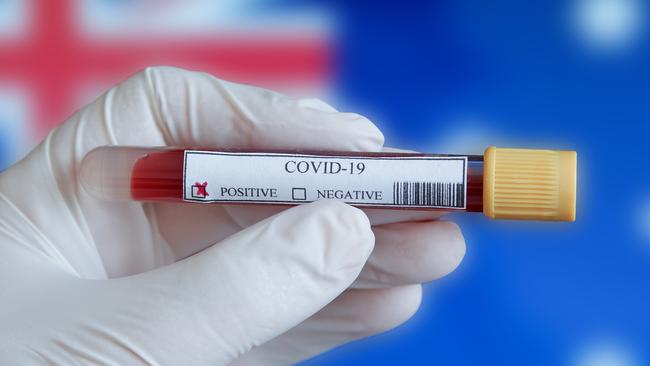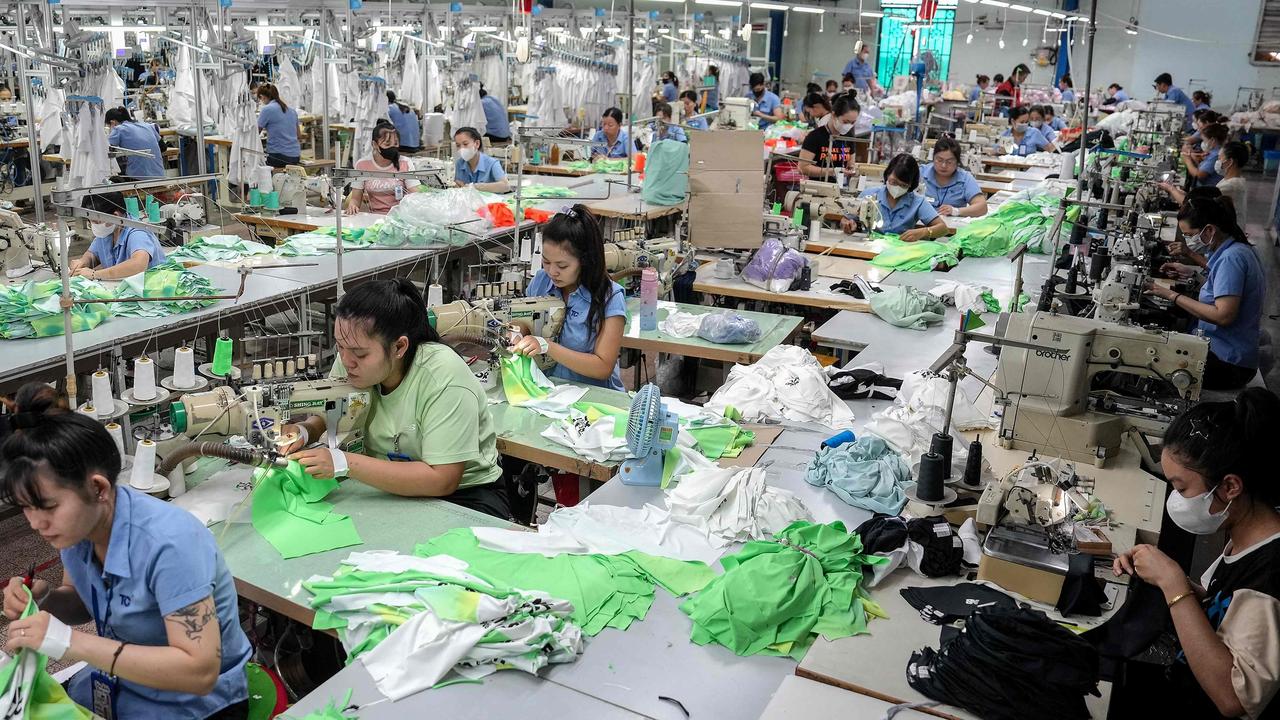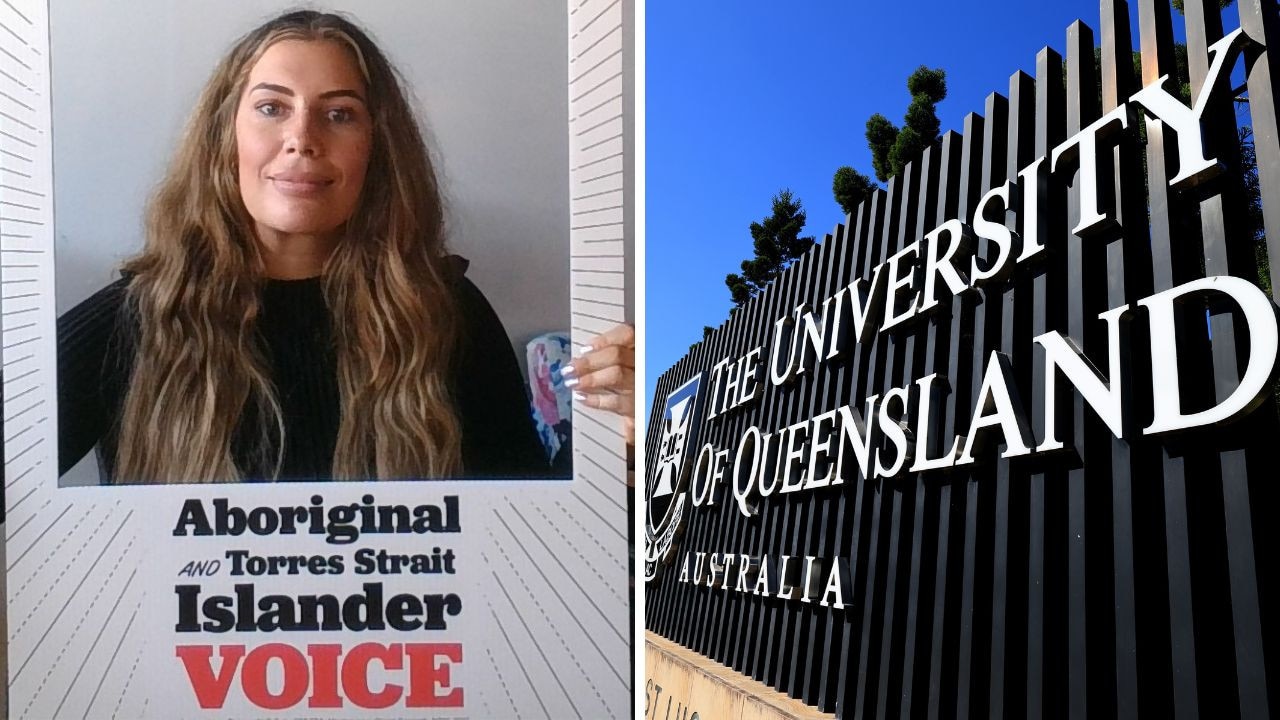
I exempt our political leaders and chief medical officers from this criticism. They have carefully included the language of uncertainty, the range of possibilities, the spectrum of modelling. But the contradictory claims of commentators and non-government experts are bewildering.
Some few things we know for sure. First, if we hadn’t taken the measures we did, many more Australians would be dead.
Commentators cite Sweden as a possible counter-example. It is practising social distancing but less comprehensively than many other nations. Its death rate is higher than its nearest neighbours, lower than the worst-affected European nations. It has had about 2500 COVID-19 deaths. If Australia had followed the same policies with the same results, that would be more like 6500 needless deaths for us with many more to come.
Some claim the US response is the worst. But its death rate is lower than the worst-affected European states. The five biggest European nations — Germany, Britain, France, Italy and Spain — have a combined population a little less than the US and, combined, twice the death rate.
International comparisons in the end are not very useful. Many wild claims are based on point-of-care antibody tests whose results are extremely unreliable. Australia’s measures have been fantastically successful. But that guarantees us nothing for the future. The Spanish flu a century ago had three waves, the second much deadlier than the first.
Here are some things we do know and, equally important, others that we know we don’t know.
First, we don’t know if we will get a vaccine. We might, but we have not got a vaccine for a coronavirus with a pandemic potential, such as SARS, in the past.
Second, if we do get a vaccine, we don’t know how effective it will be. The annual flu vaccine gives you something like a 30-60 per cent lower chance of the flu. It doesn’t guarantee you won’t get it. It can make it less severe.
We don’t even know if, having recovered from COVID-19, you are immune in the future, or for how long. You could be immune in the way that getting a cold makes you immune from suffering the same cold for up to 12 months. There’s no reason to assume you’ll have lifelong immunity, as with measles.
Third, the virus is likely to mutate. It’s only been around a little more than four months. It doesn’t seem to have mutated in any clinically significant way so far. Typically, a virus mutation makes it more or less infective rather than more or less lethal. So in a bad flu season the virus mutates away from the vaccine. But there is no guarantee the virus won’t mutate to become more lethal. It’s only a newcomer, after all.
This relates to the whole debate about herd immunity. Health Minister Greg Hunt has observed that to get herd immunity, 60 per cent of the population would have to have had the virus. That’s 15 or 16 million people. If there is a mortality rate of 1 per cent, that’s 150,000 Australians dead. The mortality rate is way below 1 per cent at the moment, partly because we have kept the virus so effectively under control. Every one of our mortally ill patients can get close to the best treatment in the world. That is not a sign that we hysterically overreacted, but that our actions have been extremely effective.
The term herd immunity involves all manner of assumptions. It is not a robust concept. If this virus is with us for a couple of years at least, and the immunity you get from having had the disease is measured in months or even weeks, then herd immunity is much less effective. No population is therefore ever permanently immune.
The British government strenuously denies that it ever pursued or favoured a herd immunity strategy. Prime Minister Boris Johnson this week hailed the signs of flattening of the virus curve in Britain but said this was also the moment of maximum danger, because of the risk of a second outbreak.
Just as we don’t know if we will ever have a vaccine, or how effective that vaccine might be, so the anti-viral treatment options, which don’t prevent the virus but allow a patient to cope with it, are proving disappointing. Something may well turn up but there’s no game-changer yet, nor any sign of one.
Notwithstanding the brilliance of modern medicine, of which I stand in respectful awe, the essence of our response to coronavirus is the same as humanity’s response to plague and pandemics throughout history — keep away from people who are infected. Old-fashioned quarantine is the comeback kid of medicine.
The Spanish flu furnished countless examples of cities that locked down late, and thus had to deal with a much bigger caseload to start with, which so far seems to be the key variable, and other cities, such as San Francisco, which relaxed too early and got a devastating second wave.
The Australian success so far is superb, but has an in-built fragility. There is really no chance we have tens of thousands of undiagnosed cases and therefore already have some of this slippery herd immunity. The cruise ships were the nearest things we have to control populations and there is nothing to suggest that permanently asymptomatic cases equalled or outnumbered symptomatic cases.
If we had large numbers of asymptomatic cases hidden in the community, this would inevitably result in much greater community transmission, which we are not seeing.
These viruses often burn themselves out in a variety of ways. No one can say when or if this will burn itself out.
The most likely source of a second wave for us is international visitors. Eventually they will come back. So will the virus. We have no idea what this virus will do next. It’s a cunning, adaptive, clever, opportunistic foe. There will be second and third waves in many parts of the world. Don’t think the worst cannot come here.








Want some news to cheer you up? You won’t get it here. For based on everything we know about COVID-19 there will likely be a second and a third wave of the pandemic. They could easily be worse than the first. That’s not guaranteed, nothing is guaranteed. Almost everything you hear about the virus is wrong in the sense that it is speculative or drawing conclusions from data which is not definitive.